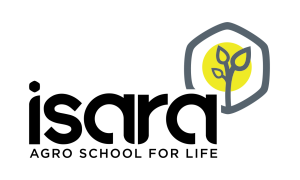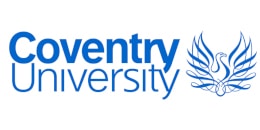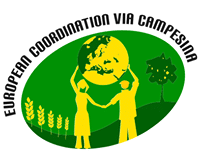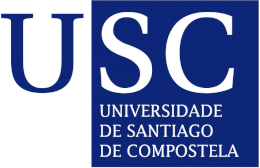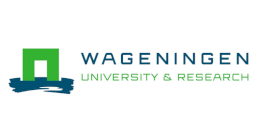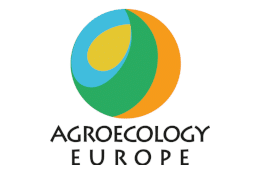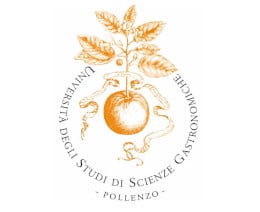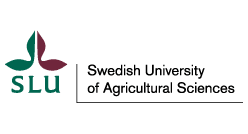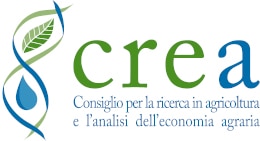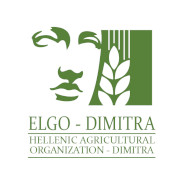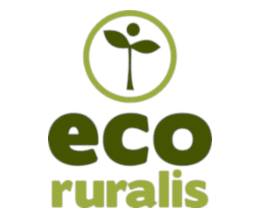This policy brief aims to provide research-based recommendations for policy makers that are responsible for the design and funding of research programmes related to sustainable agriculture, as well as agroecology.
The research was undertaken as a desk-based activity in order to collect information on research projects and funding programmes which deal with agroecology in Europe, principally at the European (within the Horizon framework which is funded by the European Union) and transnational (codesigned and co-funded by Member States with the participation of European Union) levels.
Based on the research and three surveys that were conducted, the policy brief introduces science-based recommendations, with the aim to steer the actions of policy makers responsible for the design and funding of research programmes related to agroecology, in order to fortify its transformative role for the future of agriculture and sustainable food systems.
1. Establish research programmes that consider the entire agri-food system and its actors, not only on the agronomic field and farming scales.
2. Strengthen research cooperation and networks at the European scale by lowering the barriers that hinder the connection and participation of the currently less involved countries.
3.Promote research programmes addressing, at least, level 3 (redesign) of Gliessman’s framework, and especially those that go beyond this and include the social and governance aspects of level 4 and 5 on the other hand, diminish research programmes addressing only level 1 (efficiency) and 2 (substitution).
4. Design research programmes that strengthen transdisciplinary research, and explicitly demand the implementation of transdisciplinary designs and processes.
5. Enhance the involvement of a greater number of actors from the entire agri-food system, in particular those who have been less represented thus far, such as upstream and downstream value chain actors, and the non-economic actors of the food system (i.e., citizens).
6. Identify important elements and traits of agroecological Living Labs to truly guarantee the implementation of transdisciplinary approaches.
7. Promote appropriate policies regarding scientific data to guarantee data sharing and reuse within the scientific community (i.e., rewards, mandatory data sharing agreements).
8. Introduce institutional and procedural innovation to guarantee higher flexibility in the implementation of research projects, especially within budget and partnership management.
9. Increase the duration of projects that are dealing with agroecology.
10. Frame research programmes in a way that does not allow small projects whose results might be too simplified, as well as very large ones that cannot be efficiently managed.
(c) Title picture: Stefano Canali

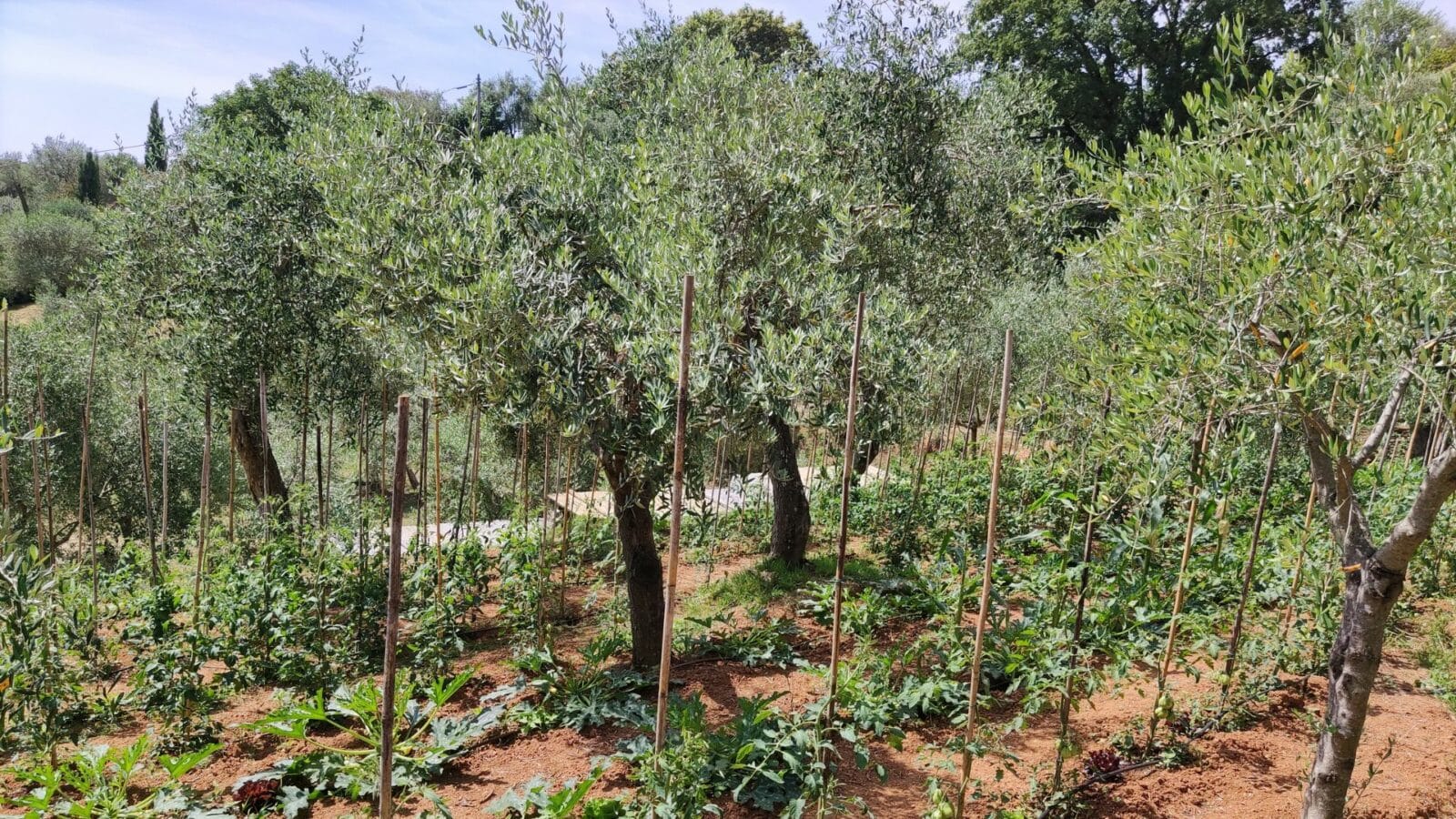
 Vacancies at AE4EU partner – Thünen Institute
Vacancies at AE4EU partner – Thünen Institute
